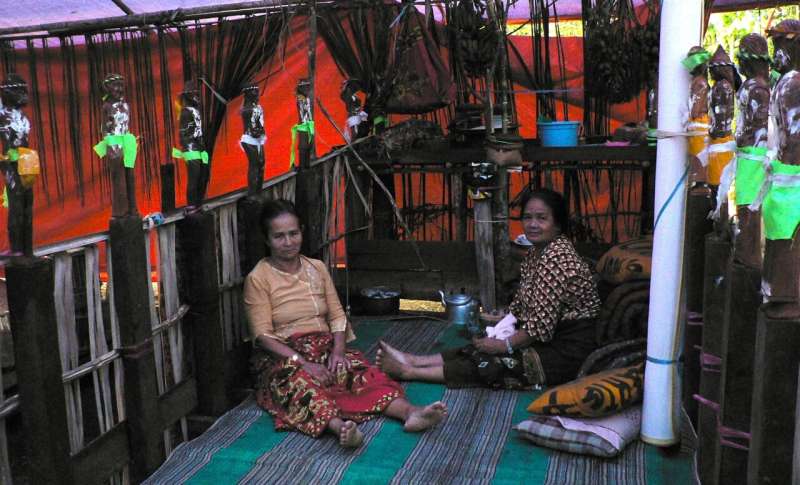A groundbreaking study published in the Explore journal explores the emerging trend of integrating Indigenous healing techniques into Western psychotherapy. This research sheds light on the remarkable benefits Western clients are experiencing, despite the challenges of reconciling these practices within their cultural contexts. The study highlights the growing popularity of Indigenous healing approaches among those seeking more holistic mental health solutions.

Embracing the Experiential Essence of Indigenous Healing
The study reveals a fascinating trend: Western clients are increasingly turning to therapies inspired by Indigenous healing practices, finding them more transformative than traditional Western psychotherapy. Unlike the conversation-driven model of Western approaches, Indigenous healing often involves rituals, altered states of consciousness, and a more embodied, experiential approach.
Participants in the study reported numerous long-lasting positive outcomes, including improved emotional regulation, greater well-being, and a deeper connection with reality. “Indigenous healing provides a more complex, experiential form of therapy compared to the verbal focus of Western approaches,” explained lead author Prof. Radek Trnka. “It offers new therapeutic possibilities for clients, many of whom feel conventional psychotherapy doesn’t fully address their needs.”
Navigating the Challenges of Cultural Integration
While the study highlights the significant mental health benefits experienced by Western clients, it also acknowledges the challenges in integrating these Indigenous healing practices into a Western cultural framework. Western societies often lack the supportive spaces necessary for the altered states of consciousness that are integral to many Indigenous healing modalities. This can make it difficult for clients to fully assimilate the benefits of their therapy once they return to their daily lives.
“Western psychotherapy often requires verbalizing and labeling every inner problem,” explained Dr. Lorencova. “In contrast, Indigenous healing allows for a more intuitive and embodied approach. This can create tension for clients as they try to reconcile these different models of therapy.”
Decolonizing Psychotherapy: A Culturally Integrative Approach
The research is part of a larger movement within psychology known as the decolonial turn, which seeks to challenge and expand conventional Western psychotherapeutic models by incorporating diverse cultural perspectives. This approach advocates for culturally integrative psychotherapy, which combines Indigenous healing techniques with Western frameworks to create more inclusive and effective therapeutic interventions.
“Decolonizing psychotherapy means acknowledging that Western approaches are not universally applicable,” said Prof. Trnka. “Indigenous healing offers valuable insights and methods that can complement, and sometimes even surpass, traditional Western therapy.” The study emphasizes the need for further research to address the complexities of integrating these therapies into Western psychotherapeutic models, including the development of systematic support mechanisms to help clients process and incorporate their experiences.
